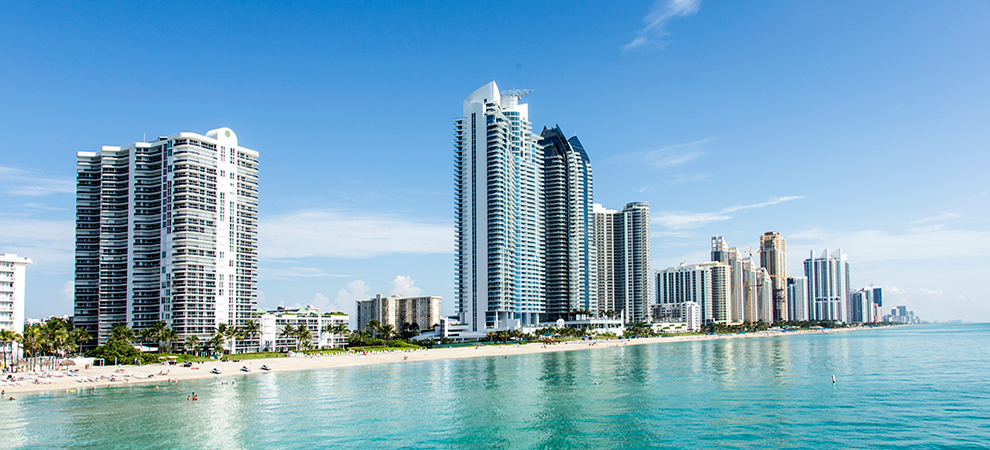The Benefits of Buying an HOA Condo
The Benefits of Buying an HOA Condo
Blog Article
The Function of an HOA in Developing and Enforcing Neighborhood Standards for Locals
The duty of a Homeowners Organization (HOA) in implementing and establishing community guidelines is basic to maintaining a organized and natural household atmosphere. By developing clear policies that control facets such as building upkeep and area conduct, the HOA not only sets requirements for locals but additionally promotes a sense of belonging and accountability.
Recognizing Property Owners Associations
Homeowners organizations (HOAs) function as governing bodies for residential areas, playing a critical function in maintaining building values and fostering a feeling of community. Typically developed by developers, HOAs are made up of house owners within a designated location who elect a board to oversee the organization's activities. The main features of an HOA consist of imposing area guidelines, taking care of typical locations, and organizing neighborhood occasions.
HOAs run under a set of controling files, consisting of covenants, problems, and restrictions (CC&R s), which detail the civil liberties and obligations of homeowners. These regulations aim to make certain that properties are maintained to a specific criterion, thereby safeguarding the visual charm and general worth of the area. Additionally, HOAs typically gather charges from homeowners to fund maintenance, landscaping, and various other area solutions.
The visibility of an HOA can significantly influence the living experience within an area (hoa condo). While some locals appreciate the structured atmosphere and features supplied, others might locate particular regulations restrictive. Balancing the interests of all property owners is vital for an HOA to work successfully, making certain that it offers its intended purpose of enhancing community living while respecting specific home owner civil liberties
Creating Neighborhood Guidelines

To begin, an HOA ought to perform studies or convene that permit residents to voice their tips and issues. This participatory process promotes a sense of ownership and increases compliance. Next off, the HOA board have to assess the feedback to determine common themes and priorities that necessitate official incorporation in the guidelines.
It is likewise important to make sure that the guidelines are clear, concise, and easily recognized. Obscurities can cause problems and misconceptions, weakening the purpose of the standards. Moreover, the guidelines should be thorough, covering numerous facets of area living, including residential or commercial property maintenance, sound levels, and use typical areas.
Enforcement of Guidelines
Reliable enforcement of neighborhood regulations is vital for preserving order and making certain that all citizens abide by the established standards. An HOA should apply a structured strategy to impose these regulations, which commonly involves a combination of surveillance, communication, and charges for non-compliance.
First, regular assessments and area patrols can aid identify violations, making certain that guidelines are continually applied across the area. This positive surveillance allows the HOA to attend to concerns before they intensify, promoting a feeling of accountability among citizens.
Second, clear communication is essential. Homeowners need to navigate to this website be informed of the policies and the procedures for reporting offenses. An open line of communication urges residents to voice issues and look for explanation on guidelines, which can enhance compliance.

Last but not least, when offenses happen, the HOA should enforce effects as detailed in the regulating documents. By properly imposing rules, an HOA can grow a harmonious living environment that mirrors the collective worths of its citizens.
Benefits of HOA Rules
Countless advantages occur from the execution of HOA guidelines, which serve to boost the high quality of life within a community. One main benefit is the upkeep of home worths. By imposing standards for appearances and upkeep, HOAs make certain that homes and typical locations continue to be appealing, cultivating a desirable living setting that can result in raised home worths in time.
Additionally, HOA laws promote uniformity and uniformity within find out here now the neighborhood. This comprehensibility in design and maintenance aids to produce a sense of belonging among locals, adding to community pride and a favorable ambience. Established guidelines assist in problem resolution amongst next-door neighbors by providing clear expectations and procedures for behavior, consequently decreasing disagreements.
Another significant benefit is the arrangement of shared facilities and services. Many HOAs manage area centers such as pools, parks, and clubhouses, which improve leisure chances for residents. These amenities not only improve the quality of life but additionally urge social communication.
Inevitably, the guidelines stated by an HOA grow a well-organized, harmonious community, ensuring that residents enjoy a high criterion of living while cultivating a supportive setting for all home owners.
Typical Difficulties Faced by HOAs
Amidst the advantages that house owners associations (HOAs) can provide, they also encounter a selection of difficulties that can hinder their performance. One considerable issue is the absence of resident interaction. Numerous homeowners might not take part in meetings or area activities, leading to a detach between the HOA board and homeowners. This article disengagement can lead to misunderstandings about area guidelines and an absence of support for enforcement initiatives.
Disagreements can arise when locals really feel that enforcement is irregular or prejudiced, possibly leading to conflicts within the community. Additionally, HOAs typically encounter economic restrictions, which can limit their capability to preserve typical locations or fund neighborhood tasks.
Moreover, navigating legal intricacies can be discouraging for HOAs. They have to make certain conformity with state legislations while managing their own governing documents, which can be a source of complication. Altering demographics and evolving community needs require HOAs to adjust their guidelines, often satisfying resistance from long-standing homeowners that are accustomed to traditional standards. Attending to these challenges is critical for cultivating a unified and flourishing community.
Conclusion

By formulating clear rules that control elements such as home maintenance and area conduct, the HOA not just establishes criteria for citizens however additionally cultivates a feeling of belonging and responsibility.Homeowners organizations (HOAs) offer as controling bodies for residential areas, playing a crucial role in preserving building worths and fostering a sense of neighborhood. Many property owners might not take part in conferences or neighborhood tasks, leading to a separate in between the HOA board and residents. Changing demographics and evolving community needs require HOAs to adapt their guidelines, often fulfilling resistance from long-lasting homeowners that are accustomed to standard standards. With the advancement of clear policies and consistent enforcement, HOAs promote residential or commercial property upkeep, area satisfaction, and depend on amongst locals.
Report this page